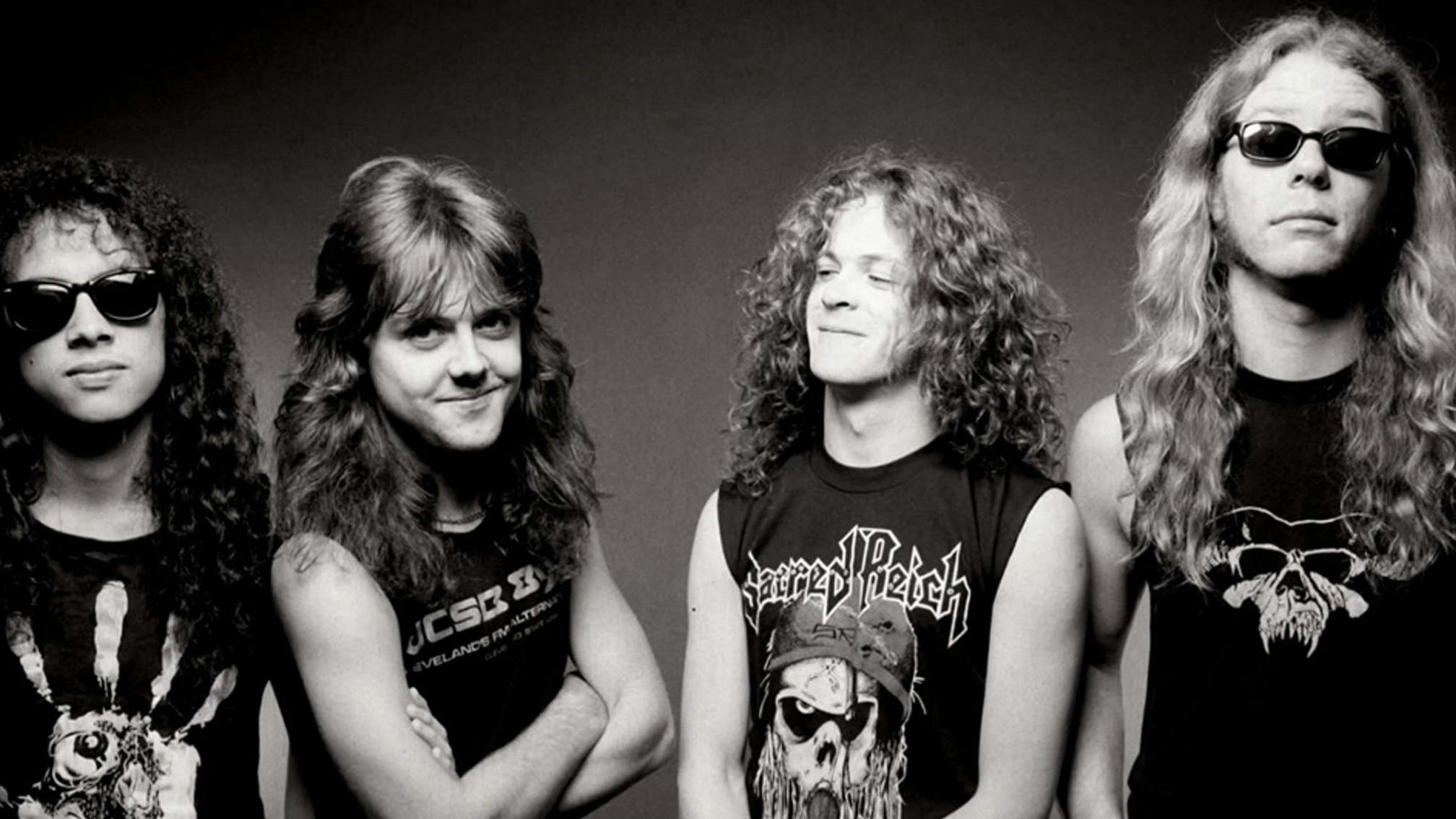It was herein that the problem lay. Being part of something that goes up and then doesn’t come back down will do things to a person. As the band took time off in the second half of 2000 to have a breather and get their heads together before starting work on what would eventually become St Anger, as captured in the unbelievably frank Some Kind Of Monster documentary, it was suggested that some outside help come in to help them retune and get their heads round a decade in the rarefied air of superstardom. Jason’s response, as seen in said documentary, points to Metallica’s victories, and makes his feelings clear: “That’s so fucking lame.”
This, and the Echobrain thing, and not wanting to take time off, led to a re-evaluation of where he was, what he’d achieved, how it had taken its toll physically (“I’ve had three major shoulder surgeries, two on my right and one on my left,” he revealed later. “On my right arm I completely separated my bicep. At one time it was basically floating in my elbow and it had to be reconnected all the way up. I’m talking about years of therapy, man, years…”), and ultimately, that he was done. As the world accused him of being an idiot, Jason walked away.
Adjustment to civvy street after 14 years in a band where every minute of the day is on a schedule, where wants and needs are taken care of for you, where responsibility for the little things and a lot of the big ones are someone else’s, isn’t actually that easy. “Certainly, the first couple of years after leaving were really hard. Oh yes, they were very hard,” Jason said later. “Dude, it’s still weird now! You get institutionalised! The fantasy land that you live in for that long, when you’ve got how many other people on each tour, how many people taking care of every damn thing. You know, it kind of breeds irresponsibility and all that stuff, so it can be good and bad. And adjusting back to real life… I have to adjust to it every day.”
Perhaps, though, the departure of Jason actually helped Metallica in the long run. Just as Bruce Dickinson leaving Iron Maiden in 1993 led to a cooling off period after an insane decade of conquering the world in the ’80s, which ultimately resulted in Maiden becoming bigger than ever, maybe it was this that rocked the Metalli-boat so hard that they realised how important it was to right it. To this day, neither side have any regrets, with Jason having joined his old mates onstage for their 30th anniversary celebrations. Metallica, meanwhile, are bigger than ever. Jason did his own thing with his own band Newsted, filled Robert Trujillo’s spot in Ozzy’s band for a bit, got into art. And for him, something of a rolling stone, things coming and going, beginning and ending, are just a part of life.
“I left home pretty early, started Flotsam And Jetsam, I sort of did my own thing, my own decisions and my own way for my quest,” he told K! in 2012. “I was in Metallica. We kicked ass for 15 years, all around the world. But then it was just… time to leave.”
Read this next:
